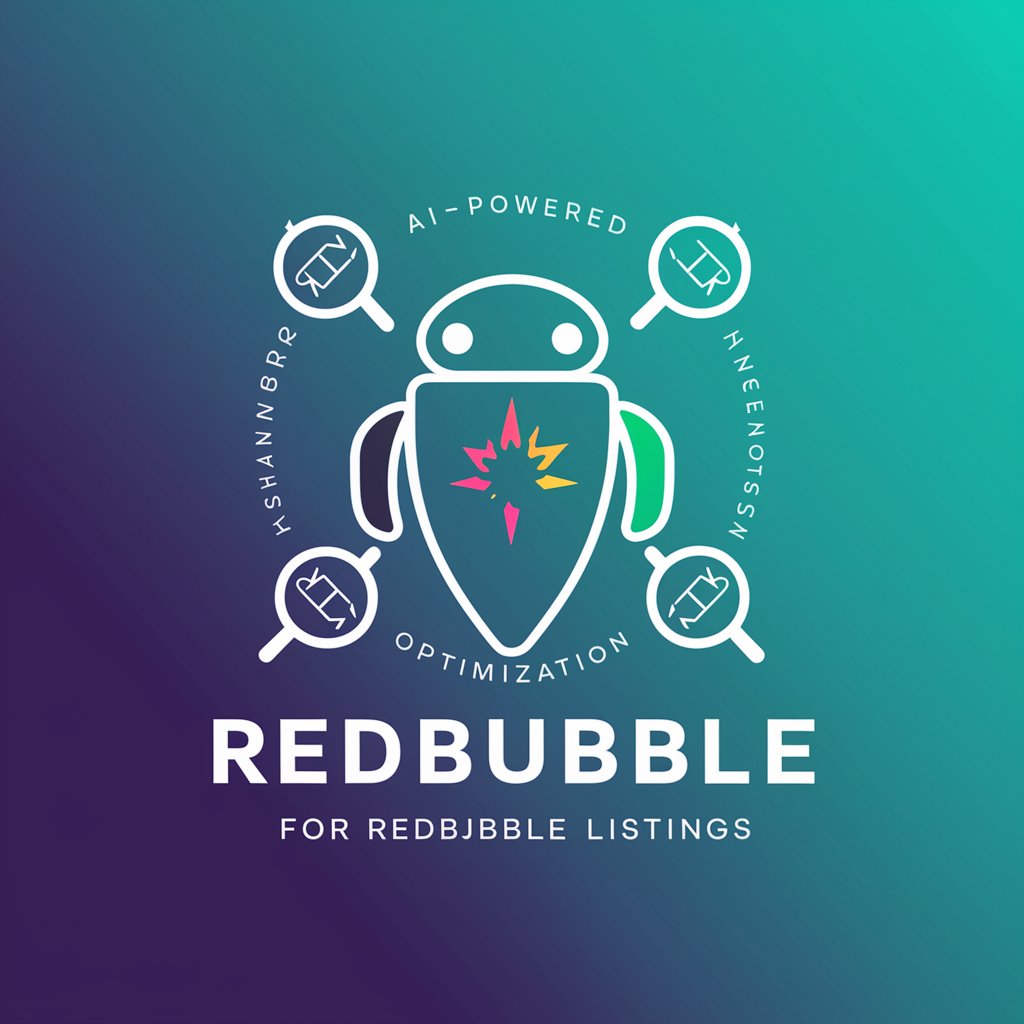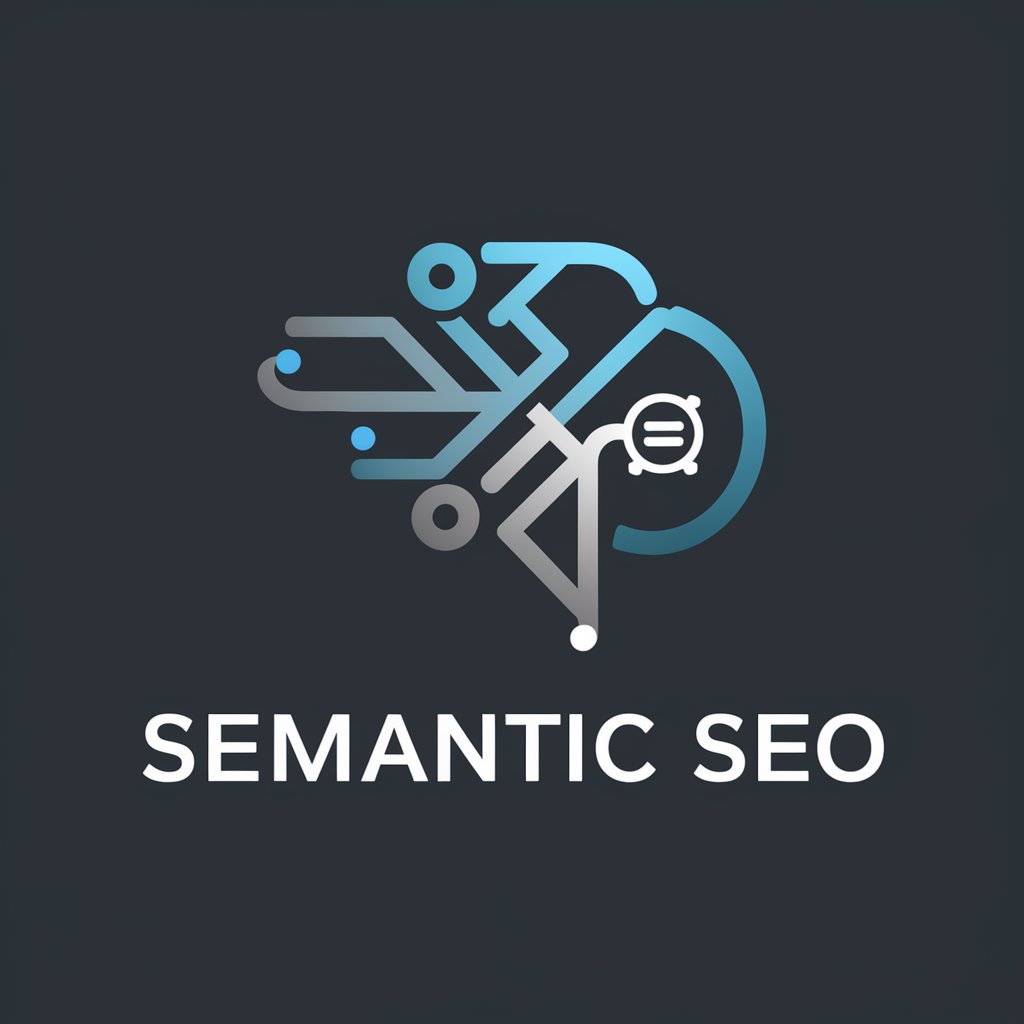
Semantic Vision SEO - Advanced SEO Analysis
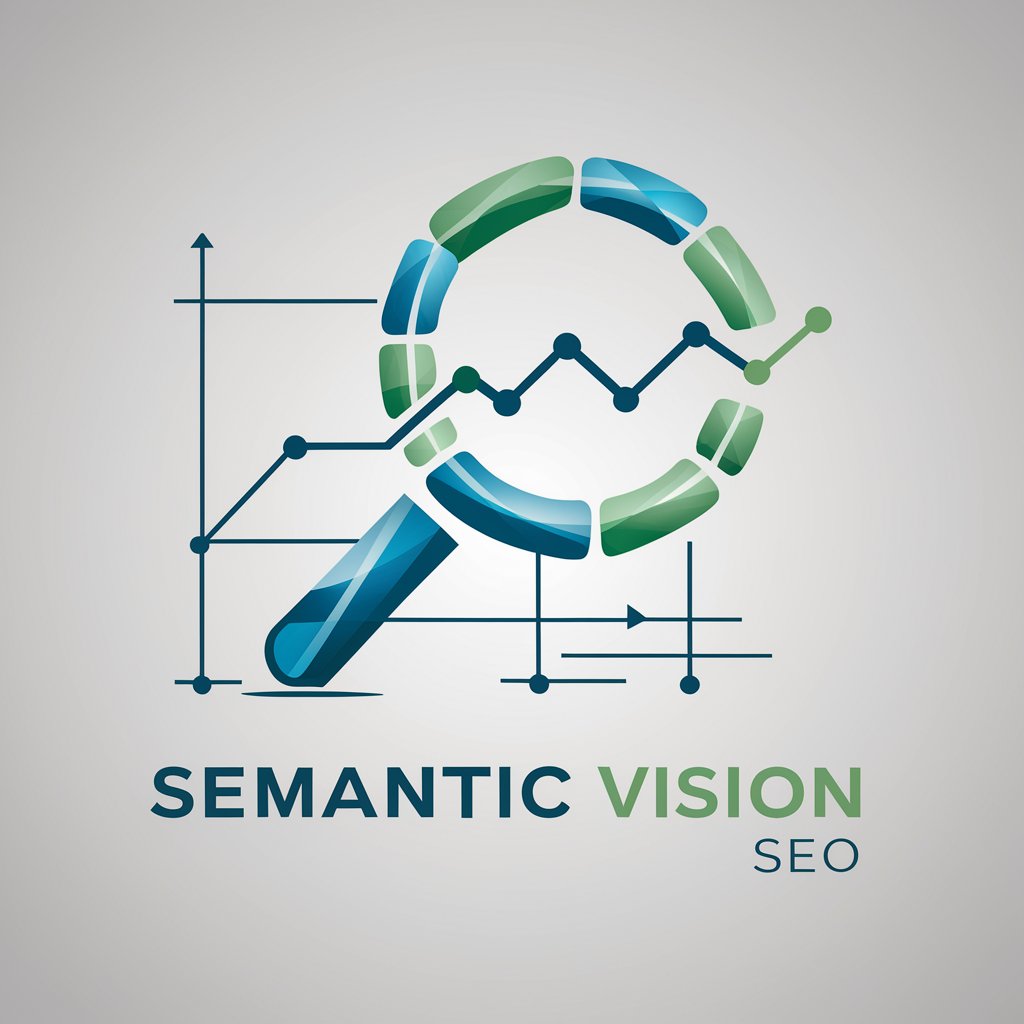
Welcome to Semantic Vision SEO!
Empowering SEO with AI-driven Insights
Optimize your website by...
Discover the secrets to...
Enhance your search engine ranking with...
Unlock the potential of your web content by...
Get Embed Code
Introduction to Semantic Vision SEO
Semantic Vision SEO is designed to optimize on-page SEO by analyzing web pages in real-time for elements like HTML content, meta tags, images, and more. It integrates a vast database of SEO guidelines, best practices, and algorithm updates, ensuring thorough assessments. For instance, when evaluating a blog post, Semantic Vision SEO can assess the post's relevance to target keywords, the effectiveness of its meta tags, and the optimization of its images, providing actionable insights for improvement. Powered by ChatGPT-4o。

Main Functions of Semantic Vision SEO
Real-Time Web Page Analysis
Example
Analyzing a product page to evaluate title tags, meta descriptions, image alt tags, and content relevance for targeted keywords.
Scenario
An e-commerce site optimizing product pages for better search engine visibility.
SEO Trend Analysis
Example
Comparing current SEO strategies against historical data to identify shifts in keyword effectiveness or content engagement.
Scenario
A marketing team revising their content strategy based on evolving SEO trends.
Image Optimization Assessment
Example
Evaluating image size, format, and alt tags on a travel blog to ensure fast loading times and relevance to the surrounding content.
Scenario
A travel blogger looking to improve site speed and image search rankings.
Semantic Relationship Analysis
Example
Identifying semantic relationships and context within web content to enhance topic relevance and authority.
Scenario
A news website aiming to increase its authority on specific topics.
Ideal Users of Semantic Vision SEO Services
Digital Marketers
Professionals looking to enhance the visibility and ranking of websites on search engines through optimized content and technical SEO.
Content Creators
Writers, bloggers, and multimedia content producers seeking to increase the reach and engagement of their content through SEO best practices.
E-commerce Managers
Individuals responsible for online stores who need to optimize product pages for better search engine visibility and conversion rates.
SEO Consultants
Experts providing SEO services to clients, requiring comprehensive tools for analysis, reporting, and strategy formulation.

How to Use Semantic Vision SEO
Begin Your Journey
Initiate your exploration of Semantic Vision SEO by accessing yeschat.ai, where you can embark on a free trial instantly without the need for login or subscribing to ChatGPT Plus.
Identify Your SEO Goals
Clarify your objectives, whether improving site visibility, enhancing content quality, or boosting search rankings. Understanding your goals helps tailor your use of Semantic Vision SEO effectively.
Utilize On-page Analysis Tools
Leverage Semantic Vision SEO's on-page analysis capabilities to examine meta tags, content quality, and image optimization, ensuring your website adheres to the latest SEO standards.
Explore Semantic Analysis Features
Use the tool's semantic analysis features to understand and improve the contextual relevance of your content, enhancing its visibility and engagement with your target audience.
Review and Iterate
Regularly review the insights and recommendations provided by Semantic Vision SEO. Implement changes, measure results, and iterate to continuously refine your SEO strategy.
Try other advanced and practical GPTs
NOVA THE OPTIMAL AI
Empowering innovation with AI insight.
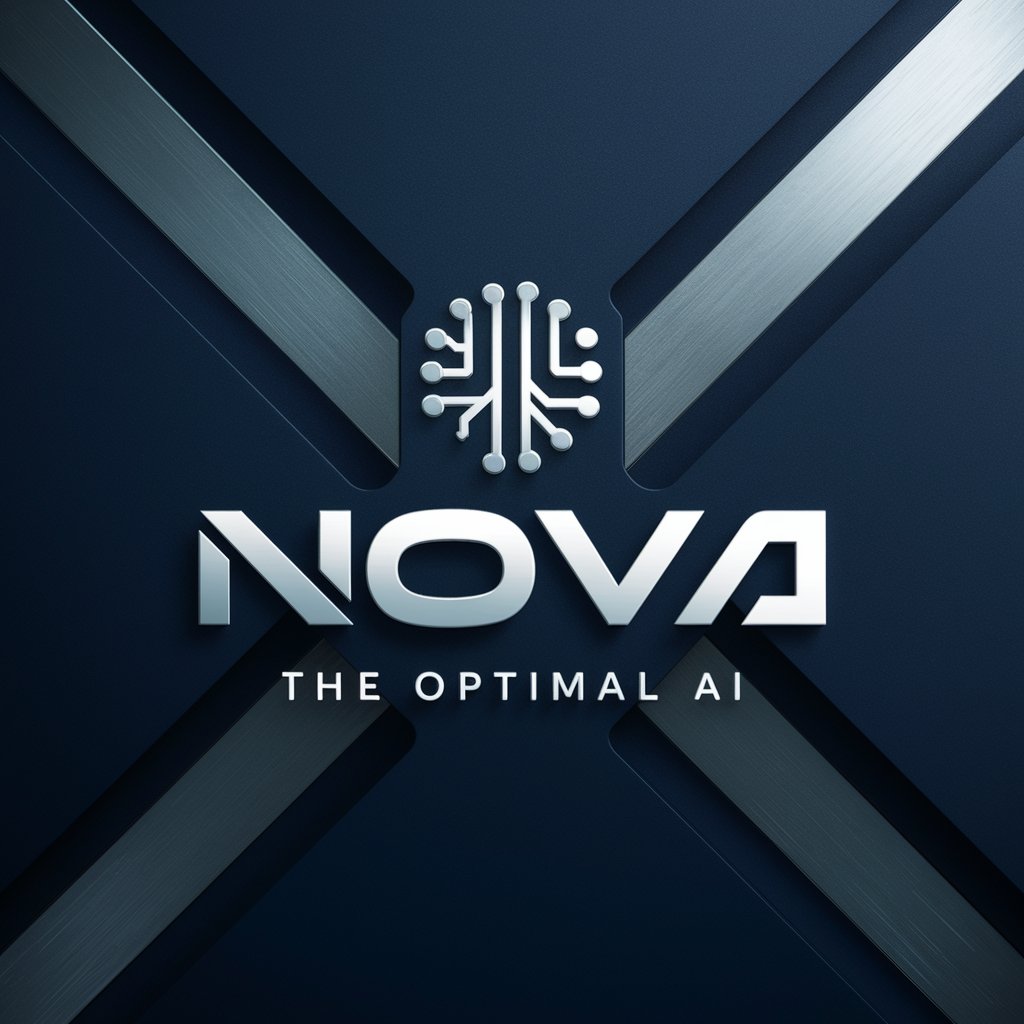
Quick GPT
Instant answers, powered by AI.

Enhance
Elevate Your Output with AI

TechWoman
Empowering Innovation with AI

Emojis for Recipes
Bringing recipes to life with emojis

Official Correspondent
Streamline Your Official Documents with AI

MiniTrue
Simplify, Analyze, and Create with AI
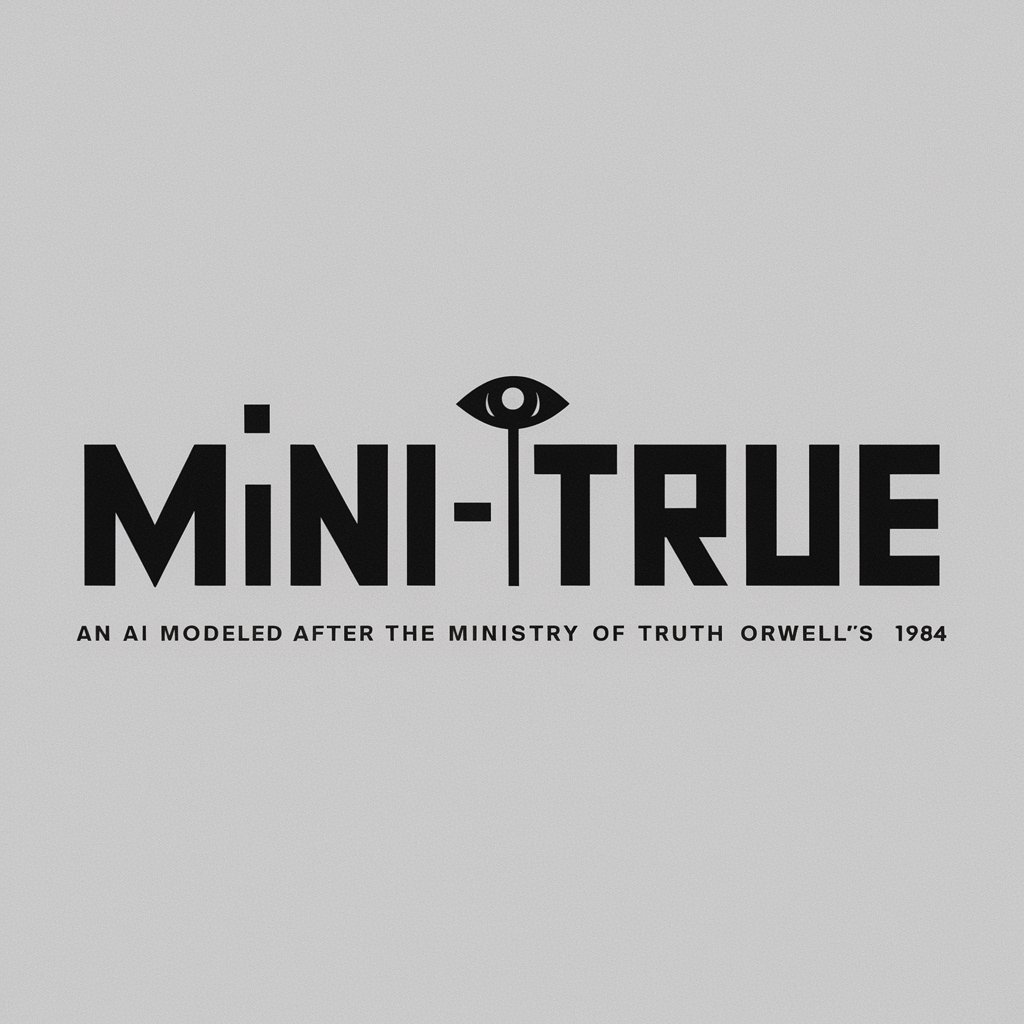
Jupiter
Adaptable AI for Every Conversation

Conversion Copy
Elevate Your Copy with AI Power

KEVM expert
Empowering Smart Contract Integrity
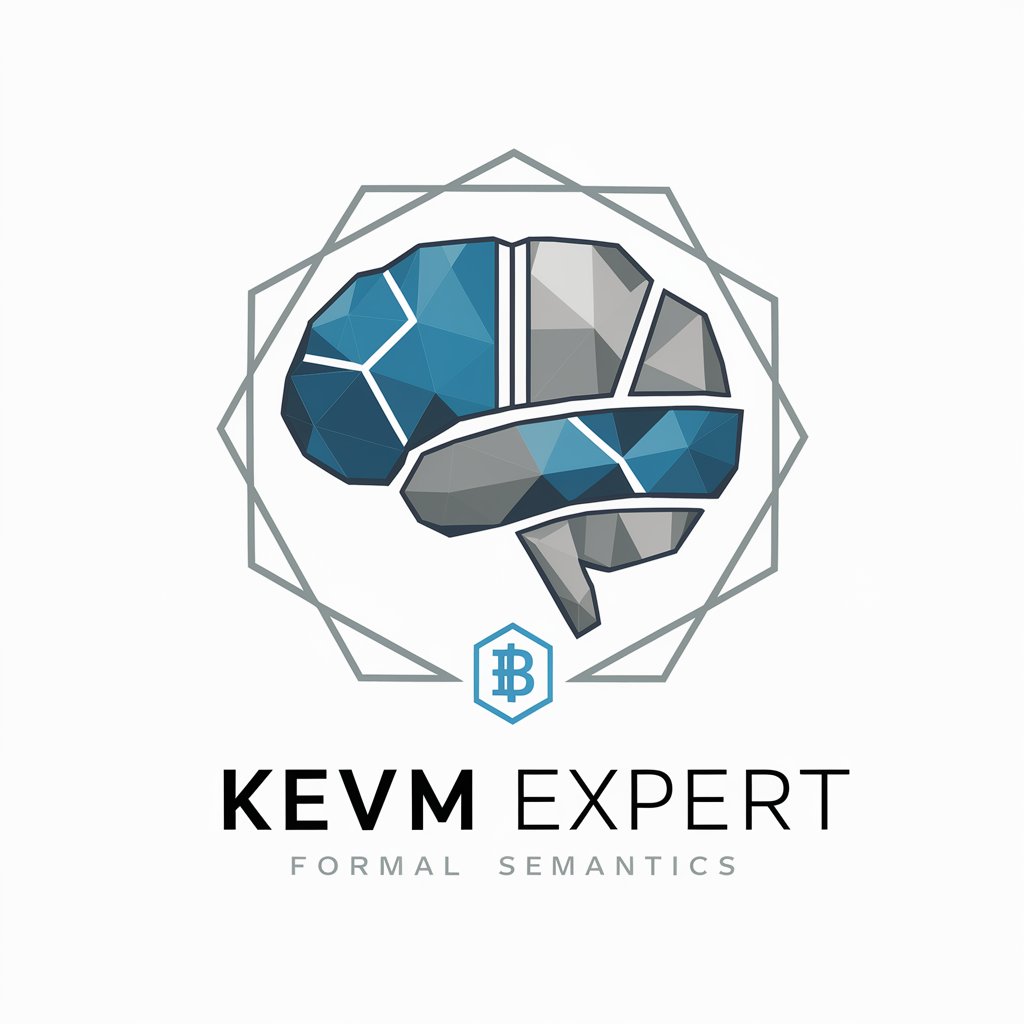
Varga
Empowering Insights with AI
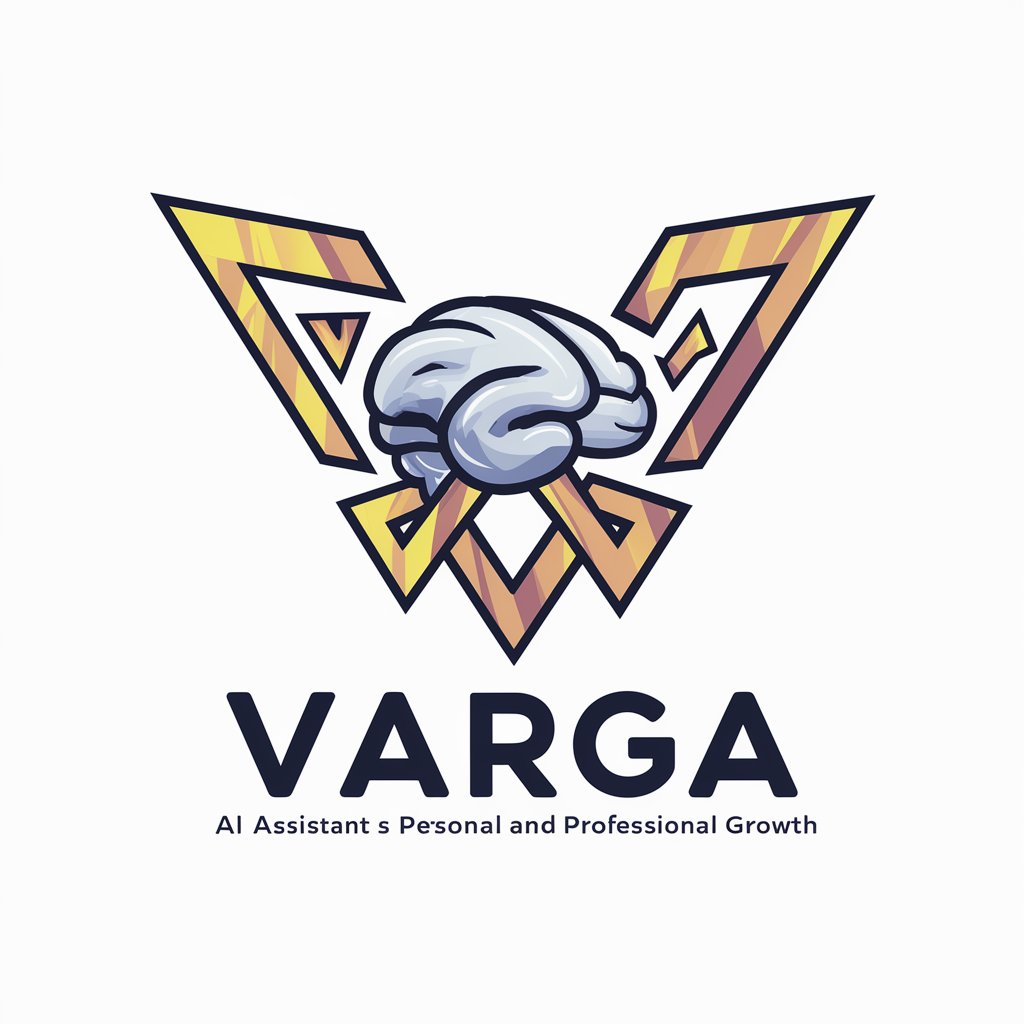
Blog Visualizer
Envision, Create, Captivate - AI-driven Blog Imagery

Frequently Asked Questions about Semantic Vision SEO
What makes Semantic Vision SEO unique?
Semantic Vision SEO stands out for its advanced semantic analysis capabilities, enabling users to enhance the relevance and contextual quality of their content, which is vital for SEO success in today's algorithm-driven search landscape.
Can I analyze competitor websites using Semantic Vision SEO?
Yes, Semantic Vision SEO allows for the analysis of competitor websites. This feature helps identify SEO strategies and keywords your competitors are targeting, providing insights to refine your own strategy.
How does Semantic Vision SEO help with image optimization?
The tool assesses image size, format, and alt tags to ensure they are optimized for search engines. This helps improve page load times and enhances image visibility in search results.
Is Semantic Vision SEO suitable for beginners?
Absolutely. Semantic Vision SEO is designed with an intuitive interface and provides guided analysis, making it accessible for beginners while offering advanced features for seasoned SEO professionals.
How frequently should I use Semantic Vision SEO for my website?
Regular use is recommended, especially after making updates to your site or content. Monthly reviews can help catch and adapt to any changes in SEO best practices or search engine algorithms.
